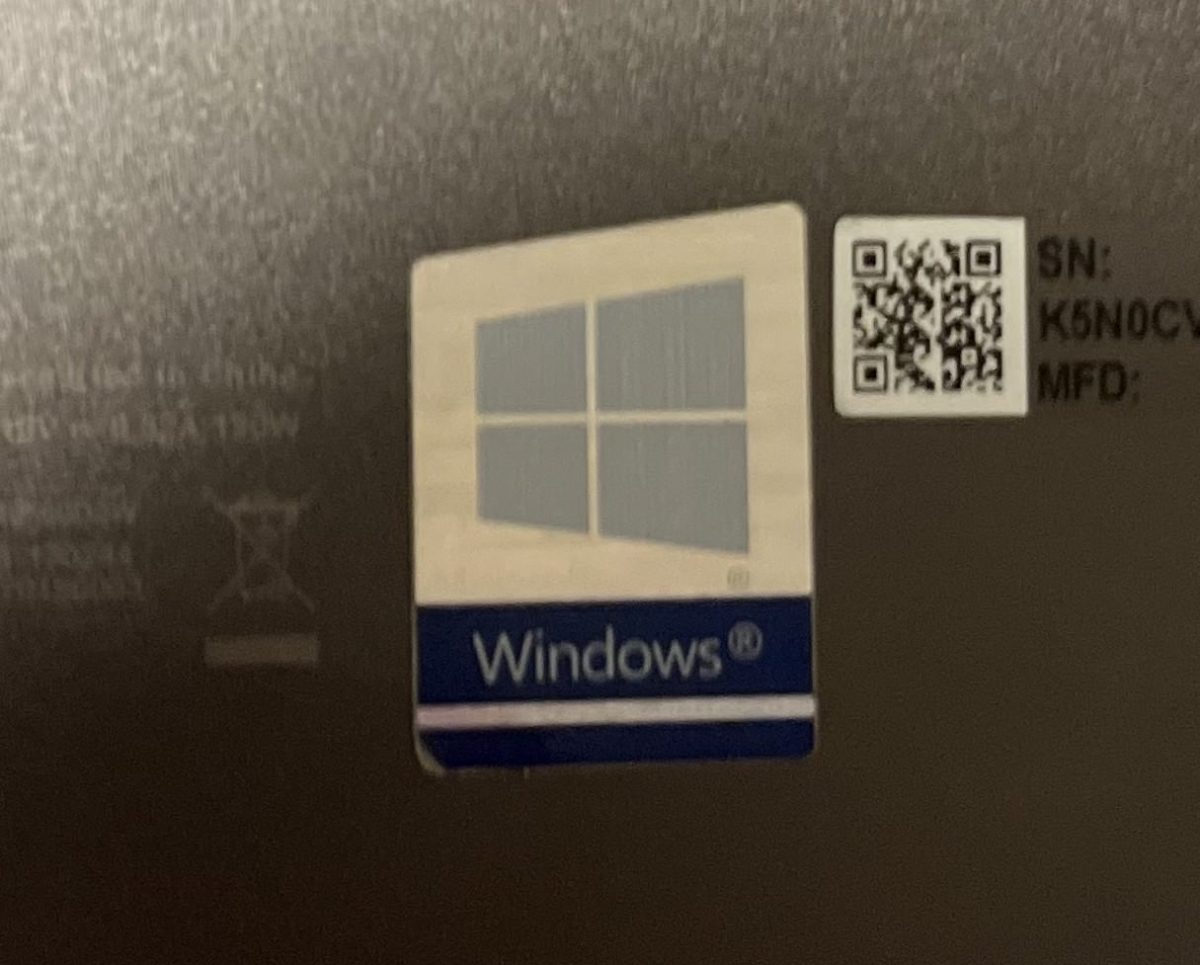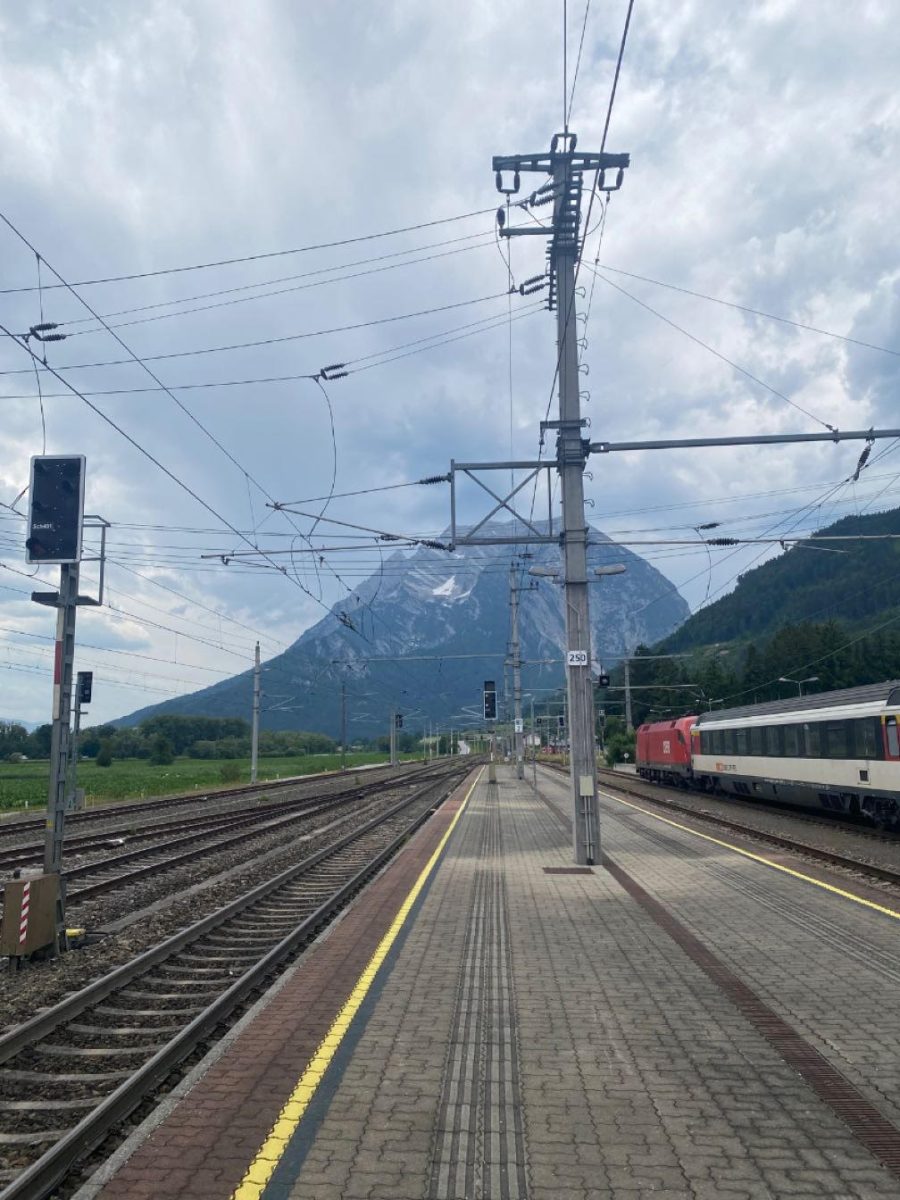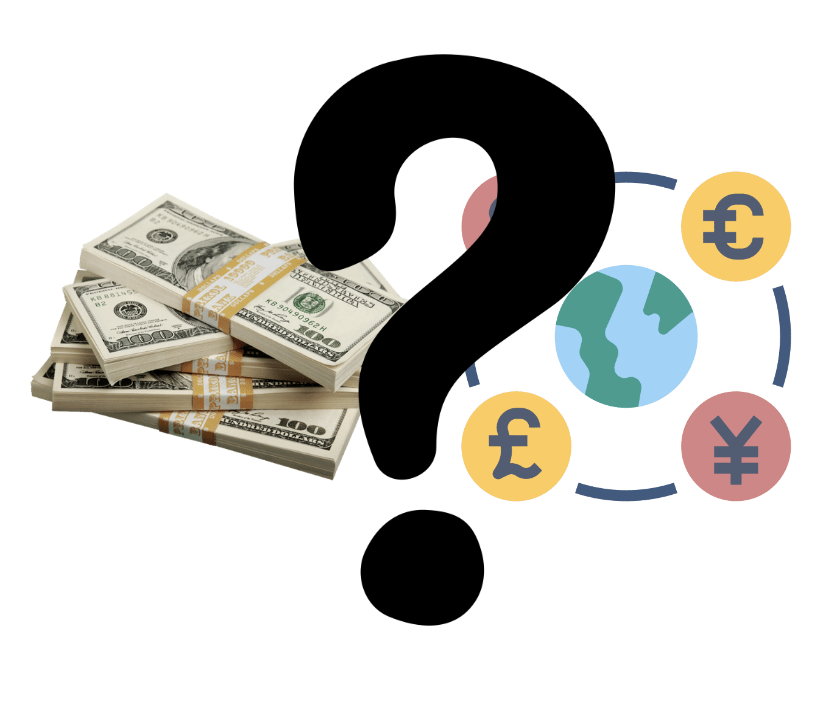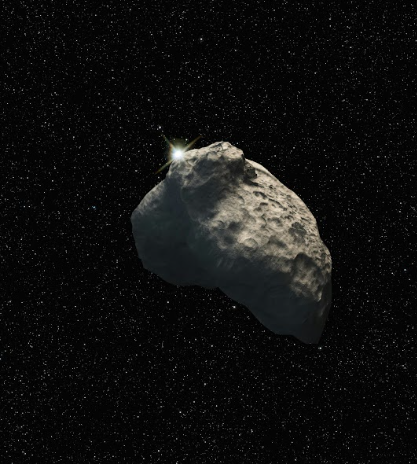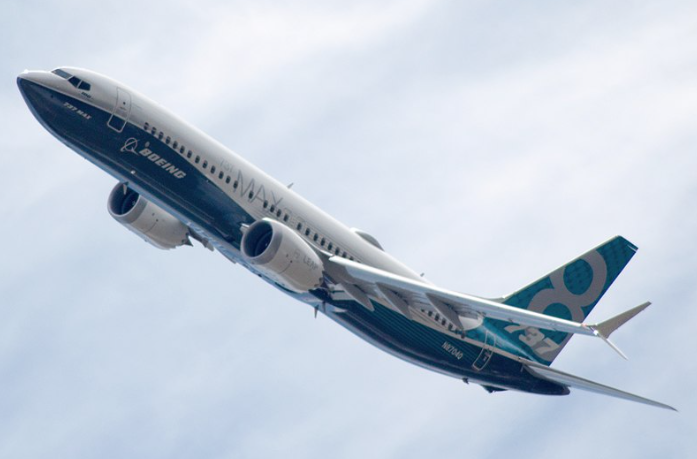For the past few months, the United States and the Republic of China have been involved in their own silent battles of will overseas. The first few disputes have taken place in the South China Sea, where China has been slowly pushing their authority outwards (see https://spartanshield.org/4609/news/contest-in-south-china-sea/ for full story). In addition to to the South China Sea, the United States and China have also had a silent contest over North and South Korea, which dates back to the days of the Cold War.
Democracy and the United States funding to South Korea has been competing against communism and Chinese and Russian funding to North Korea for decades. There have been many feuds and disagreements, and the situation over in Korea remains the same: two superpower governments inserting their own influence through smaller nations. The latest move in this struggle—sending a Terminal High Altitude Area Defense (THAAD) system to South Korea—was made by the United States.
The THAAD system is an anti-missile defense system developed by Lockheed Martin, an aerospace company. It is a revolutionary system used across the entirety of the United States military. The process and usage of the system is quite simple. The system locks onto incoming missiles and returns fire to intercept the missiles and take them out either above or within Earth’s atmosphere, eliminating the danger of human loss of life.
North Korea has been a communist country ever since its split with South Korea. Heavy Russian and Chinese influences have given North Korea strong feelings against the United States. In addition to the salt, North Korea has been rigorously developing their nuclear program ever since Kim Jong Un took over after his father’s death. Both factors led the United States towards action.
The rising tensions between the United States and North Korea translate straight to China, too. The Chinese government reacted poorly to the THAAD systems being put in South Korea, and they are insecure with the fact that a defense system is being installed so close to their borders, fearing an invasion of privacy or spying. State Department spokesman, Mark Toner, said at a news meeting, “We have been very clear in our conversations with China that this is not meant to be a threat, and is not a threat, to them or any other power in the region.” Amongst all the politics, the United States is being cautious to the fact that Kim Jong Un has said that North Korea has finalized plans for a ranged missile that could reach the west coast of the United States.
Both former United States President Barack Obama and current President Donald Trump agree on the action of sending the THAAD’s overseas as a precautionary action to the increasingly aggressive nature of Kim Jong Un.







